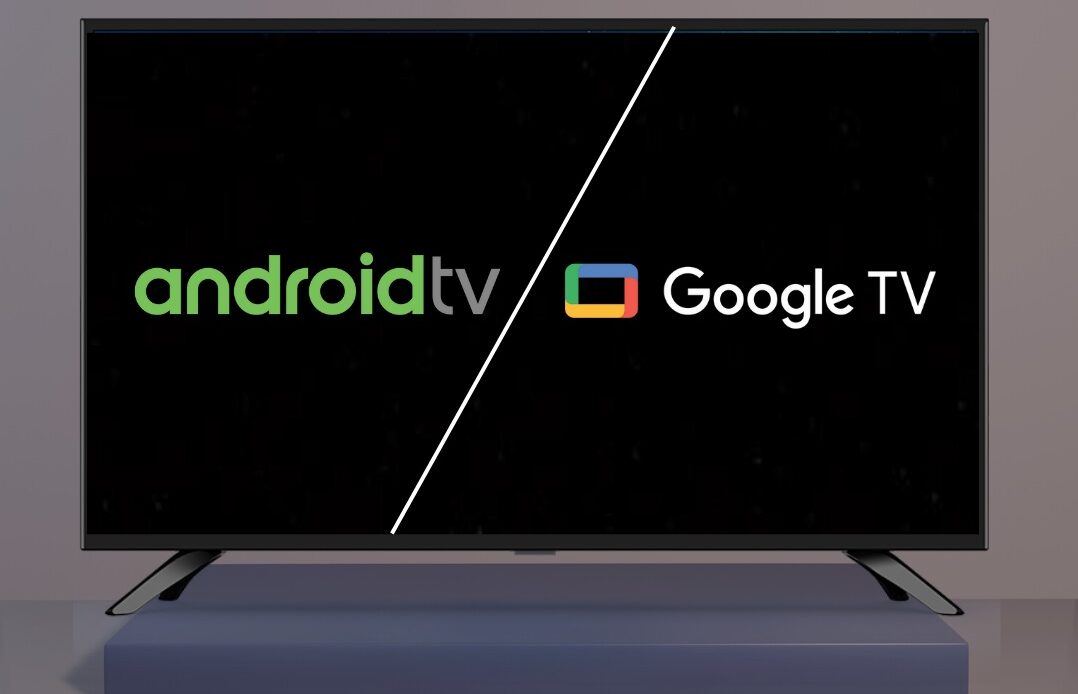
In recent years, we’ve seen a surge in smart TV devices that have revolutionized the way we consume entertainment. Two of the most popular platform are Android TV and Google TV. While both of these are created by Google, they have some differences in terms of functionality and user experience. In this article, we’ll explore the key differences between Android TV and Google TV, so you can decide which one is the right fit for you.
What is Android TV?
Android TV is an operating system developed by Google for smart TV devices. It’s based on the Android operating system used in smartphones and tablets, and it offers a similar user interface that can be navigated with a remote control. Android TV devices can access the Google Play Store to download apps and games, as well as stream content from popular video streaming services like Showmax, Netflix, Amazon Prime Video, YouTube etc.
One of the benefits of Android TV is that it offers a wide range of customization options. Users can personalize their home screen with their favorite apps, games, and content, and can also integrate their Google accounts to access their calendar, photos, and other Google services. Android TV devices also support Google Assistant, allowing users to control their TV with voice commands.
Read: The Safaricom Ematic 4K Android TV Box Review
What is Google TV?
Google TV is a newer platform developed by Google that’s based on the Android TV operating system. However, Google TV has a different user interface and offers additional features that aren’t available on Android TV. Google TV is designed to be a more personalized and intuitive experience for users, with a focus on content discovery and recommendations.
One of the key features of Google TV is the “Watchlist,” which allows users to save shows and movies they want to watch later, and get personalized recommendations based on their viewing history. Google TV also integrates with Google Assistant, making it easy to search for content or control your TV with voice commands.
Additionally, Google TV offers a “Live” tab that shows users what’s currently playing on live TV, as well as recommendations for upcoming shows and movies.
Differences between Android TV and Google TV:
While both Android TV and Google TV share a lot of similarities, there are some key differences between the two platforms.
- User Interface: The most noticeable difference between Android TV and Google TV is the user interface. Google TV has a more modern and intuitive interface that’s designed to help users discover and find new content easily. Android TV, on the other hand, has a more traditional interface that may be familiar to users who have used an Android device before.
- Content Discovery: Google TV is designed to help users discover new content they might be interested in, with features like the Watchlist and personalized recommendations. Android TV, while it does offer recommendations, doesn’t have the same level of content discovery features as Google TV.
- Live TV: Google TV has a dedicated “Live” tab that shows users what’s currently playing on live TV, as well as recommendations for upcoming shows and movies. Android TV doesn’t have this feature.
Summary
Both Android TV and Google TV are excellent platforms for smart TVs, and which one you choose will depend on your specific needs and preferences. Android TV is a more traditional platform that offers a wide range of customization options and access to the Google Play Store, while Google TV is a more modern platform with a focus on content discovery and recommendations.

